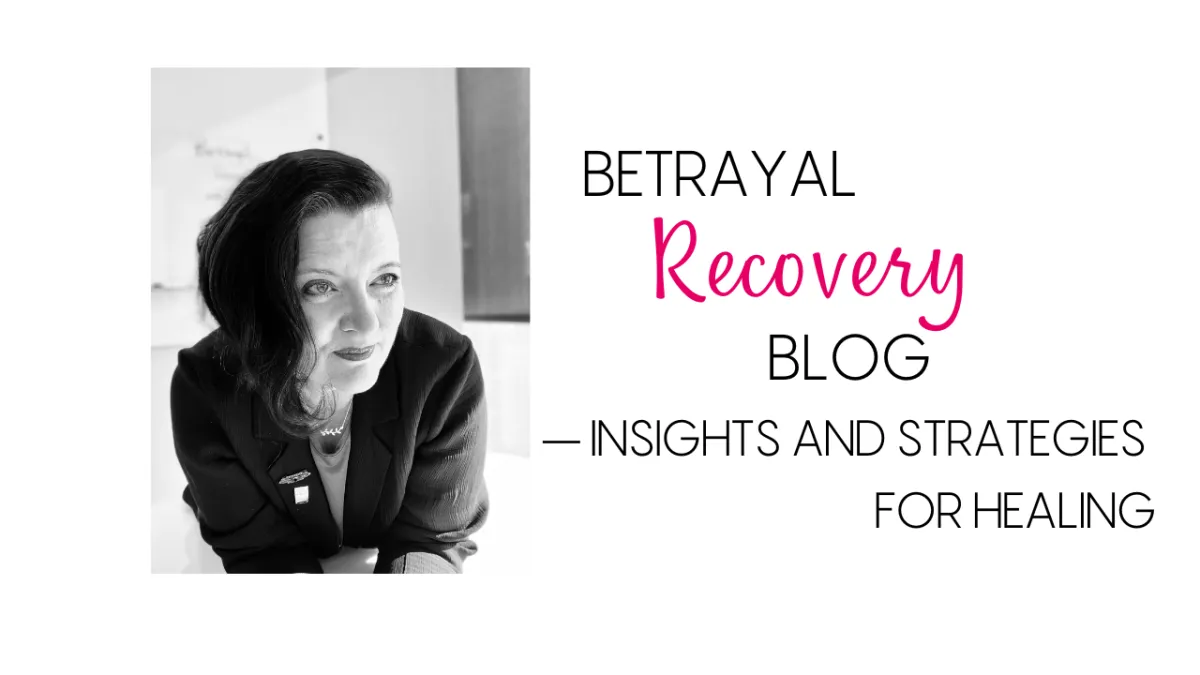
Expert Insights on Betrayal Recovery and Healing:
Blogs by Vanessa Cardenas
In-depth Articles on Healing, Communication, and Personal Growth.

Self-Betrayal in Relationships: Are You Losing Yourself?
by Vanessa Cardenas, Betrayal Recovery Specialist Serving Westchester, NYC, and the Surrounding Region
Understanding Self-Betrayal in Relationships
Self-betrayal in relationships happens when you consistently prioritize your partner’s needs, desires, or expectations at the expense of your own well-being. This behavior can lead to losing your sense of self, where your identity becomes entwined with the relationship, and your personal needs and boundaries are neglected. Over time, this can erode your self-worth and create a deep sense of dissatisfaction.
The Signs of Self-Betrayal in Relationships
Self-betrayal can manifest in subtle ways within relationships. Here are some signs to watch for:
Ignoring Your Boundaries: You regularly compromise your own needs to avoid conflict or please your partner.
People-Pleasing: You go out of your way to make your partner happy, even when it comes at a personal cost.
Losing Your Voice: You find it difficult to express your true feelings or opinions, fearing it might upset your partner.
Over-Accommodating: You adjust your lifestyle, habits, or interests to align with your partner’s preferences, neglecting your own passions.
Why We Betray Ourselves in Relationships
Self-betrayal often stems from a desire to be loved, accepted, or avoid conflict. You might fear that asserting your needs will lead to rejection or the end of the relationship. These fears can drive you to suppress your own identity, leading to a relationship dynamic where you’re constantly giving but rarely receiving.
The Emotional Toll of Self-Betrayal
The emotional impact of self-betrayal in relationships is significant. It can lead to feelings of resentment, frustration, and loneliness. Over time, the loss of self can create a void in the relationship, as you may begin to feel disconnected from both your partner and yourself. This can cause the relationship to feel unbalanced and unsatisfying.
Reclaiming Your Identity
Reclaiming your identity within a relationship starts with recognizing where you’ve betrayed yourself. Begin by reconnecting with your values, passions, and needs. Reflect on what’s important to you, independent of the relationship, and start making choices that honor your true self. This might involve setting boundaries, pursuing personal interests, or having honest conversations with your partner about your needs.
Setting Boundaries for Healthy Relationships
Healthy relationships require clear boundaries. These boundaries help protect your sense of self and ensure that both partners’ needs are respected. Start by identifying the areas where you’ve compromised too much and setting boundaries that align with your values. Communicate these boundaries with your partner and work together to create a balanced dynamic where both individuals feel valued and heard.
Building a Relationship on Mutual Respect
A relationship built on mutual respect allows both partners to maintain their individuality while supporting each other’s growth. By reclaiming your identity and setting healthy boundaries, you contribute to a relationship where both you and your partner can thrive. Remember, a strong relationship is one where both partners feel secure enough to be their true selves.
Final Thoughts
Self-betrayal in relationships can lead to losing your sense of self, but it’s never too late to reclaim your identity. By recognizing the signs, setting healthy boundaries, and honoring your needs, you can create a more fulfilling and balanced relationship. Remember, you deserve to be loved and respected for who you truly are.
Subscribe for More Insights:
If you found this article insightful and would like to receive similar content delivered directly to your email, please subscribe to our newsletter. Stay updated with the latest information, tips, and strategies for managing life's transitions. Don't miss out on valuable insights that can empower you to make the best decisions for your future. Join our community today, and let's navigate these challenges together. Subscribe now!



© Copyright 2017-2025. Understanding Ear LLC. All rights reserved.

